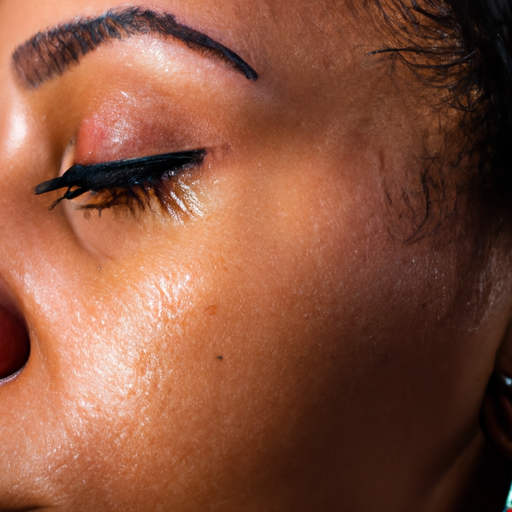As a medical professional, I have encountered countless patients who suffer from sensitive skin. This condition, characterized by reactions such as redness, itching, burning, and dryness, can be a source of discomfort and distress. The world of sensitive skin treatments is vast and varied, and navigating it can be a daunting task. However, understanding the underlying causes and potential solutions can help individuals manage their symptoms more effectively.
Sensitive skin is often the result of a compromised skin barrier, which allows irritants, allergens, and microbes to penetrate the skin and cause inflammation. This can be due to genetic factors, environmental conditions, or the use of harsh skincare products. Certain medical conditions, such as eczema, rosacea, and allergic contact dermatitis, can also lead to sensitive skin.
The first step in treating sensitive skin is identifying triggers. These can include certain foods, stress, weather changes, and skincare products containing ingredients like alcohol, fragrances, or preservatives. I often recommend patients to keep a diary of their symptoms and potential triggers to help identify patterns.
Once triggers are identified, they should be avoided as much as possible. For instance, if a particular skincare product causes irritation, it should be replaced with a gentler alternative. If weather changes are a trigger, using a humidifier during dry seasons and wearing protective clothing during cold or windy weather can help.
In terms of skincare products, those with sensitive skin should opt for hypoallergenic and non-comedogenic options. These are less likely to cause irritation or clog pores. Products containing ingredients like ceramides, hyaluronic acid, and niacinamide can help strengthen the skin barrier and retain moisture.
Topical treatments can also be beneficial for sensitive skin. Over-the-counter creams containing hydrocortisone can help reduce inflammation and itching. Prescription treatments like topical steroids or calcineurin inhibitors may also be recommended for more severe cases.
In addition to topical treatments, oral medications can sometimes be used to manage sensitive skin. Antihistamines can help reduce itching and inflammation, while certain antibiotics can help manage conditions like rosacea.
Lastly, lifestyle changes can also play a significant role in managing sensitive skin. Maintaining a healthy diet, staying hydrated, getting regular exercise, and ensuring adequate sleep can all contribute to overall skin health.
The world of sensitive skin treatments is indeed vast, but it is navigable with the right knowledge and guidance. It’s important to remember that everyone’s skin is unique, and what works for one person may not work for another. Therefore, it’s crucial to consult with a healthcare professional before starting any new treatment regimen.
In conclusion, while sensitive skin can be challenging to manage, understanding its causes and potential treatments can make a world of difference. With careful management and the right treatment plan, individuals with sensitive skin can lead comfortable and confident lives.



